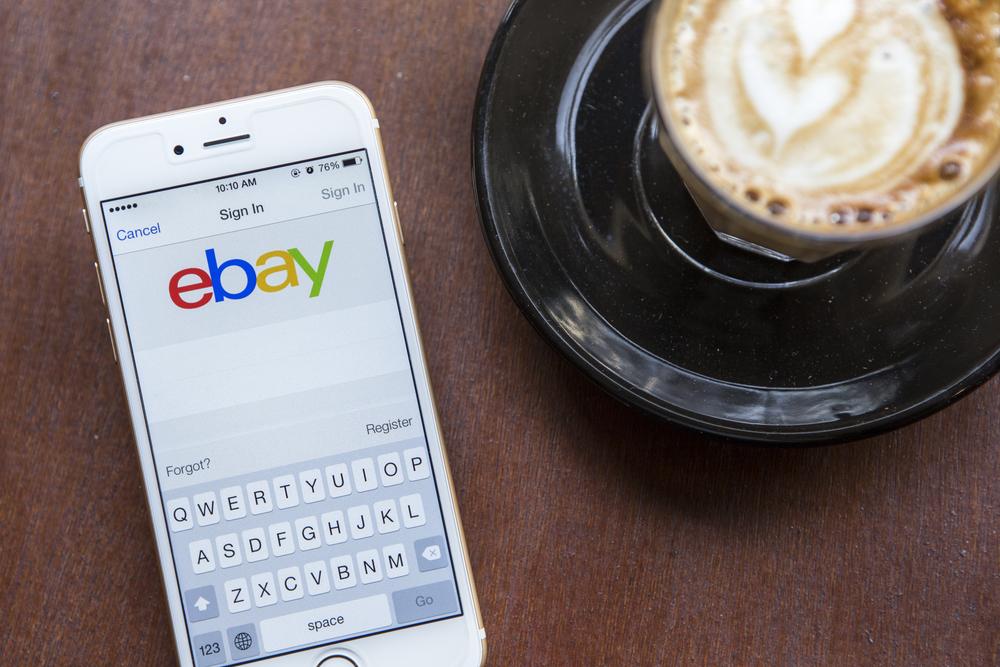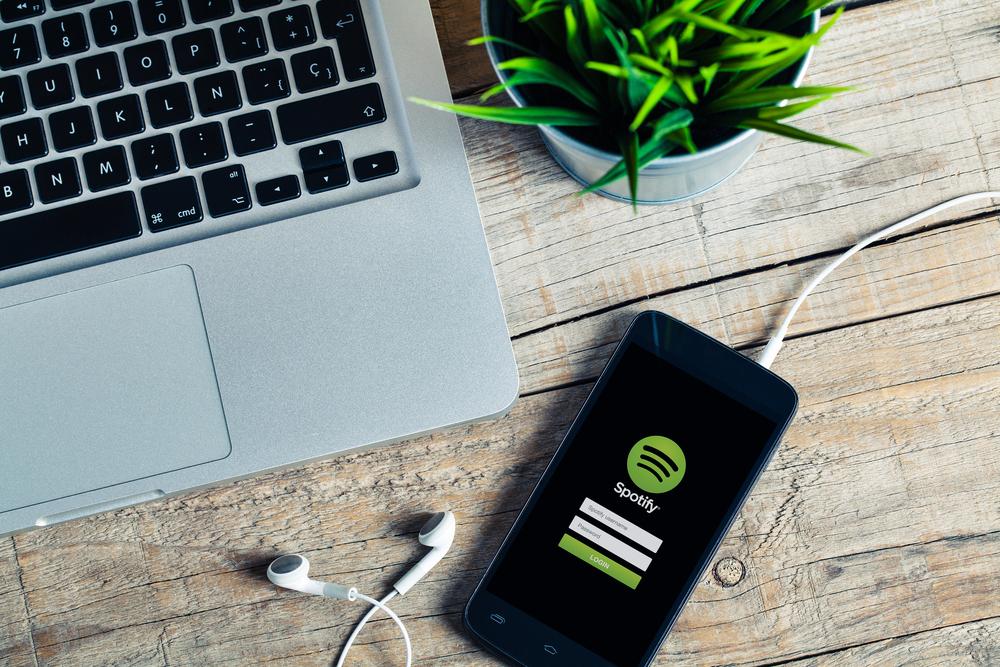Let’s be honest, spending money can be so easy. With online shopping at the click of a button and contactless spending in an instant, it is important to be on top of exactly what you are spending your hard-earned money on.
When you find yourself a little cash-strapped, the best thing to do is cut down your expenditure as much as you possibly can, as earning more money is often out of your control and might not be immediately possible. This is even more important now, since it has been revealed in the news that household bills are set to rise due to soaring energy prices. So, by becoming more conscious of how and where you spend your money, you can make your money go significantly further – yes, that means no unnecessary coffee runs.
Here are five simple suggestions on how you can save:
Utilise free resources

Making the most of free resources can be incredibly helpful and are found anywhere if you look carefully enough. It may take more time, but it is worth it if you are serious about saving money; every penny counts!
For example, next time you think about buying a book, consider going to your local library or seeing if anyone you know would be interested in doing a book swap. In addition, before you fork out for a course or workshop, check to see whether there are any free courses available through your local library or online.
Moreover, if your phone contract includes data, this could be where you’re going wrong. Free Wi-Fi is readily available at most coffee shops, restaurants and shopping centres, so spending money on masses of data isn’t necessary. It is worth enquiring with your network provider, but generally removing data from your contract drives the price down significantly.
Avoid buying takeaway coffee

Research published in the Metro shows just how much having the ‘odd’ takeaway coffee can mount up. According to the study, we spend around £730 million a year collectively on coffee from major chains, such as Caffe Nero, Costa and Starbucks.
If you cannot live without your morning coffee fix, it has been suggested that waking up an extra 15 minutes earlier in the morning to make your own drink could save you £1,873 over the course of five years. Think of what you could do with that kind of money?
However, if you really cannot live without a takeaway coffee, make sure you purchase your own reusable cup. Most major coffee chains offer a discount if you bring in your own cup (even if it is only around 25p), which is a fantastic incentive to save. It all adds up at the end of the day!
Get rid of the car

All drivers know how expensive driving a car can be. If possible, it is worth making the switch to taking public transport, walking or riding a bike. Not only is it great exercise and good for the environment, it can help you save money on petrol, parking and congestion charges – added extras that can accumulate over time.
Alternatively, if you need a car to get around and commute to work, it may be worth looking into cheaper options that don’t guzzle petrol at a rapid rate or need constant repair work.
Sell any unwanted items

Without realising, many of us have so much stored in our cupboards, the loft and garage. Recent research shows Brits have £48 billion worth of unused items stashed away in their homes, including kids toys and board games, CDs and DVDs, books and all kinds of clothing. These items are most frequently found in our homes, many of which can be sold to earn some extra money.
Every item you find that hasn’t been used for years, sell it. Whether this be on eBay, on a social media selling site, or a website, selling items has never been easier. Don’t ask yourself “should I sell my cracked phone from 5 years ago?” or tell yourself you should keep your children’s baby toys when they are clearly outdated or even broken – they may be worth much more than you think.
Cancel any unused or unneeded subscriptions/memberships

According to research, 90% of adults in the UK are spending an average of £56 a month on subscription services – many of which we are simply unaware of. It’s so easily done!
It is worth gathering your most recent bank and credit card statements and take a look at what you’ve been spending money on. If there are any regular outgoing payments that you are unaware of, or that you aren’t using as much as you think (such as the gym or online subscriptions such as Netflix or Spotify), consider cancelling. If you can go back a year, you might also pick up on annual payments that auto-renew, like travel insurance.
What do you do to help you save money?

Disclosure – this is a collaborative post.
